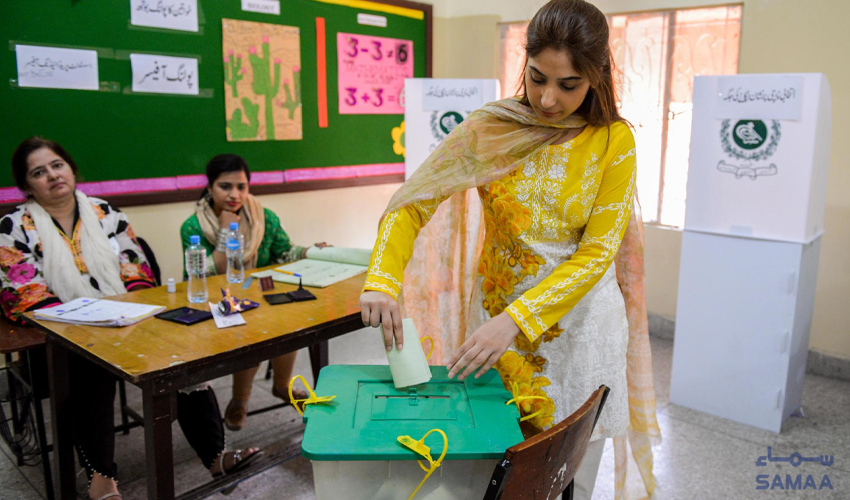Pakistan’s electoral landscape came under scrutiny in a recent report by the Pakistan Institute of Legislative Development and Transparency (PILDAT), shedding light on the active participation of young voters. The 2018 general elections saw a notable increase, with 37% of the youth exercising their voting rights, surpassing the previous eight-election average of 31%.
During the report’s launch, political figures, including Pakistan PTI Senator Ali Zafar, voiced concerns about the alleged lack of adherence to free and fair election principles. PML-N Senator Afnanullah highlighted the impact of negative propaganda on the youth’s perception, while PPP leader Farhatullah Babar called for urgent measures such as restoring student unions and allocating special seats for youth. Babar also emphasized the need to address the issue of identity cards for one crore women to ensure their participation in future elections.
Speakers at the event stressed the importance of creating an equitable environment for all political parties in upcoming general elections and highlighted the role of local bodies in strengthening the democratic structure. Bilal Gilani, Executive Director of Gallup Pakistan, proposed exploring alternatives to the ID card requirement, suggesting examples from other countries where different forms of identification are accepted. He also recommended promoting the use of postal ballots to enhance voter turnout.


